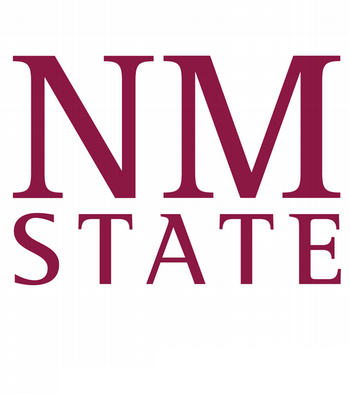Amador Family Papers
The Amador family papers comprise 40 linear feet of manuscript material, including extensive correspondence to and from Martin and Refugio Amador, their eight children and the children’s spouses, as well as other family and friends. The bulk of the material is in Spanish.
Aside from the correspondence are business records, store ledgers, legal and financial records, scrapbooks, school workbooks, drawing notebooks, invitations and announcements of weddings, baptisms and funerals, postcards, and more than 700 photographs. There is a preponderance of printed matter including 19th-century broadsides from Ciudad Juárez, Las Cruces, and El Paso, political tracts, Mexican Revolution materials, patent medicine catalogs and advertisements, event programs, booklets from international fairs and expositions, period calendars, religious literature, travel brochures, railroad timetables, and advertisement cards, among other things. Stored separately are nearly 5,000 trade catalogs from the period, used by the family both for its mercantile business and for personal use. Also, separated from the manuscript materials are dozens of newspaper titles, primarily published in towns in the border states of New Mexico, Texas, and Chihuahua, dating from about 1870-1920.
This massive collection of material came to the NMSU Library in 1962. The last of Martin and Refugio Amador’s children, Clotilde, died in 1960 having lived alone in the original, sprawling family home for the last decades of her life. The home, built by Martin Amador in the 1870s, had fallen into a state of disrepair and the city of Las Cruces decided it should be razed. The home contained a treasure trove of the family’s artifacts and papers, accumulated over the course of a century. It appears that almost everything the family created or collected had been retained. Amador family descendants granted permission to NMSU to remove the contents of the home for its museum and library. Cleaning, organizing, and describing the collection took place over the next 10-15 years.
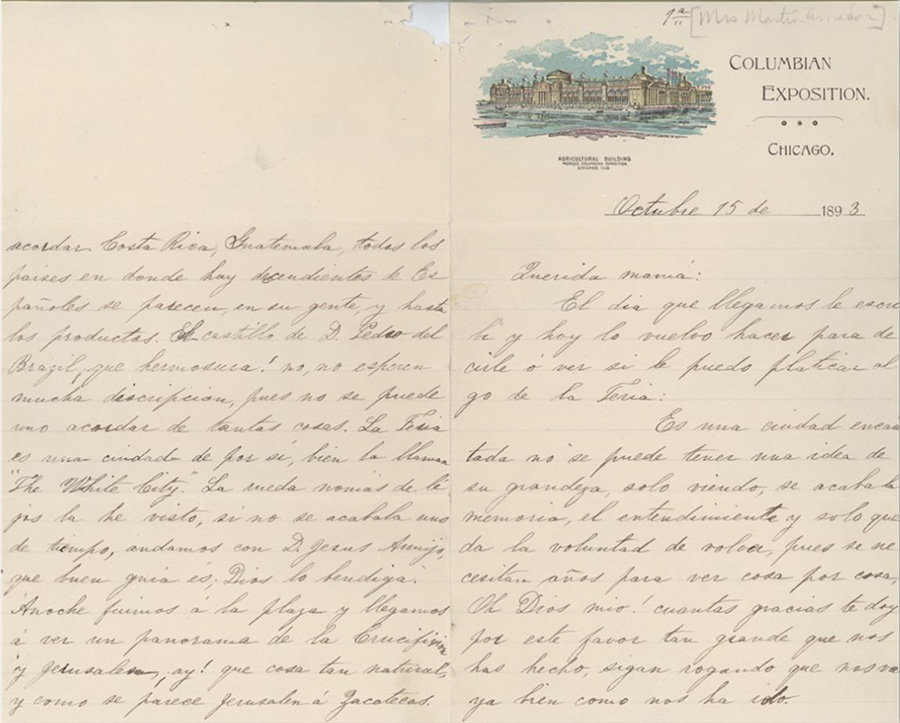
Digitized Correspondence
The Amador family correspondence is made up of approximately more than 16,000 pages of letters, mostly in Spanish, dating from 1861 into the 1940s. Also included with the digitized correspondence are invitations, life event announcements, postcards, and telegrams.
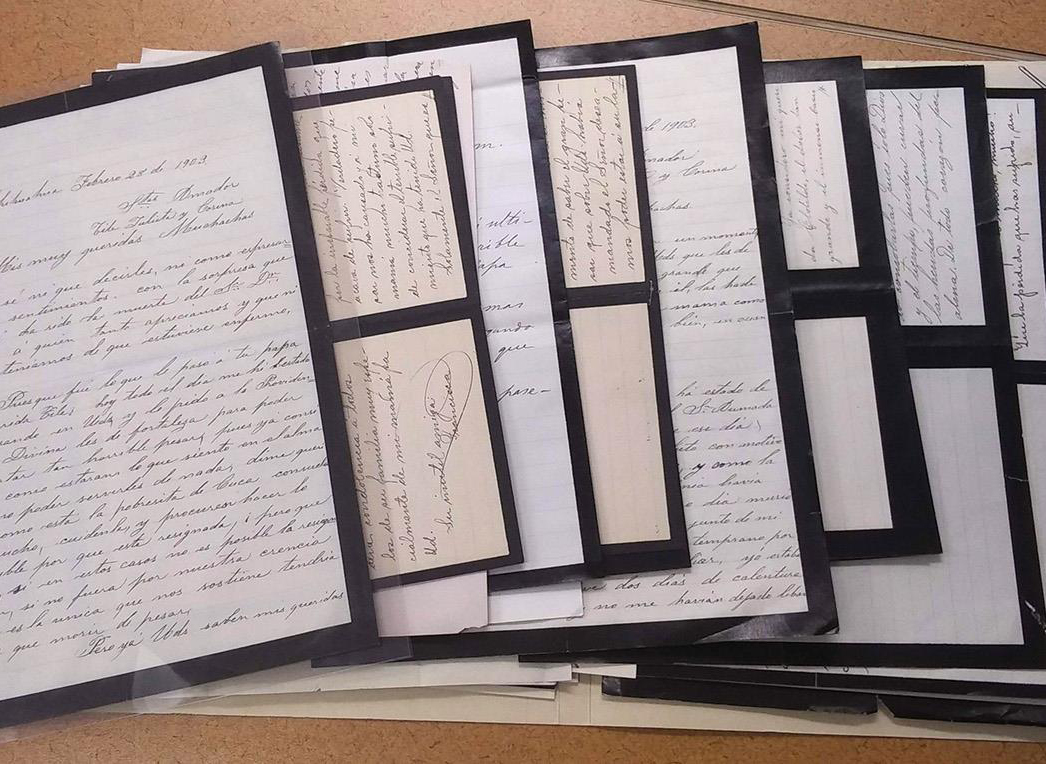
Finding Aid for the Amador Family Papers
The finding aid for the Amador family papers is the descriptive guide for the entire Amador collection held in the NMSU Library Archives and Special Collections.
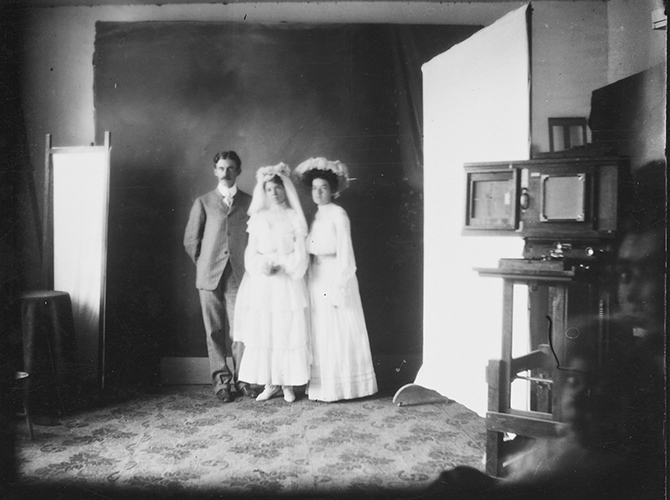
Amador Family Photographs
Photographs include formal and informal images depicting three generations of the Amador family. Other photographs depict friends, Las Cruces area scenes, the Amador hotel and home, churches, architecture, postcards, and stereographs. Some images are unidentified. More than 1,300 images have been digitized and are searchable online.
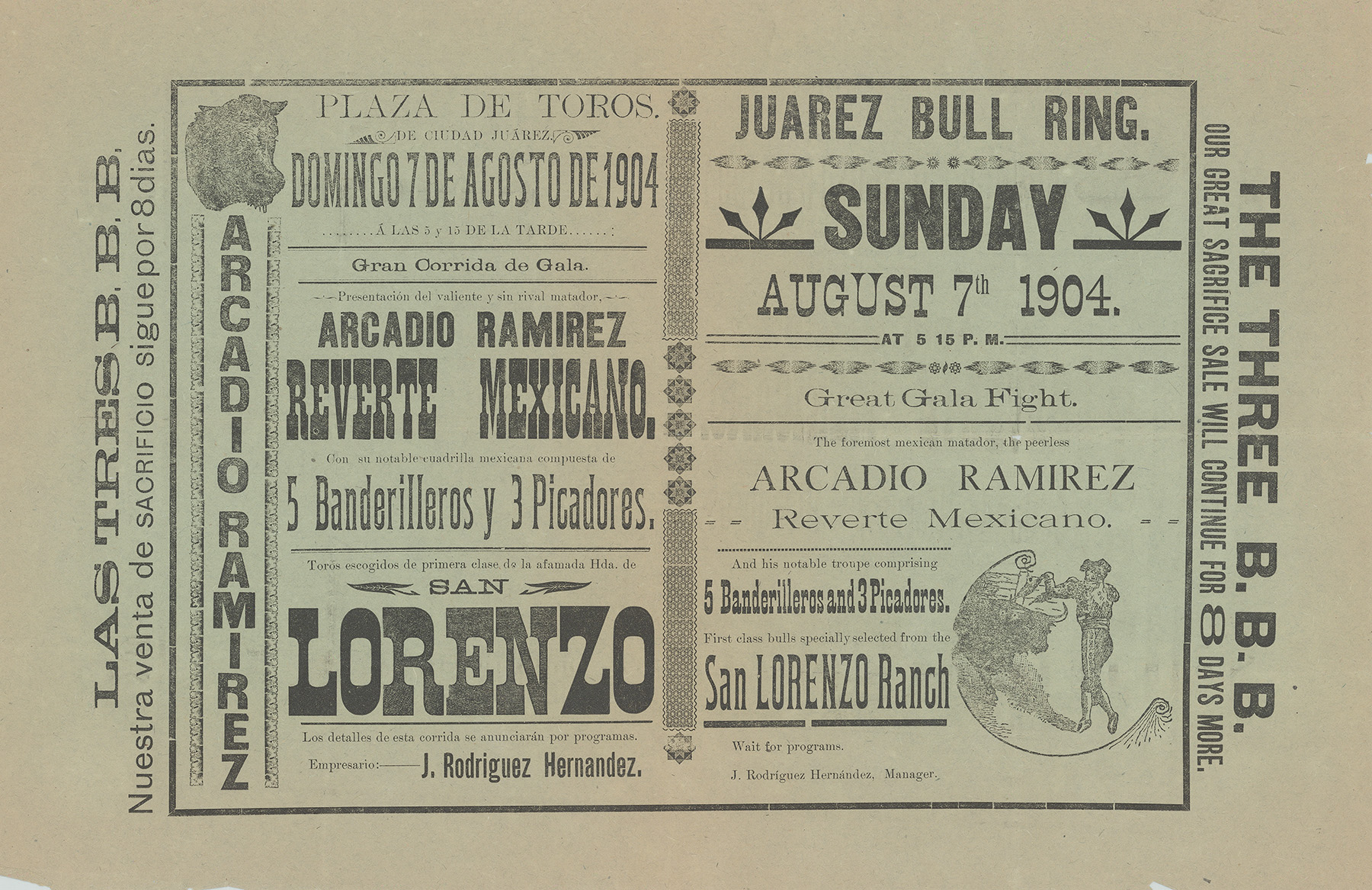
Broadsides
The Amador broadsides and printed materials include event posters, advertisements, and various oversized items that depict cultural events in Las Cruces, El Paso, Cd. Juarez, and Chihuahua, the bulk dating from 1888-1947. The broadsides advertise theater performances, operas and concerts, circuses, bullfights, and patriotic celebrations.
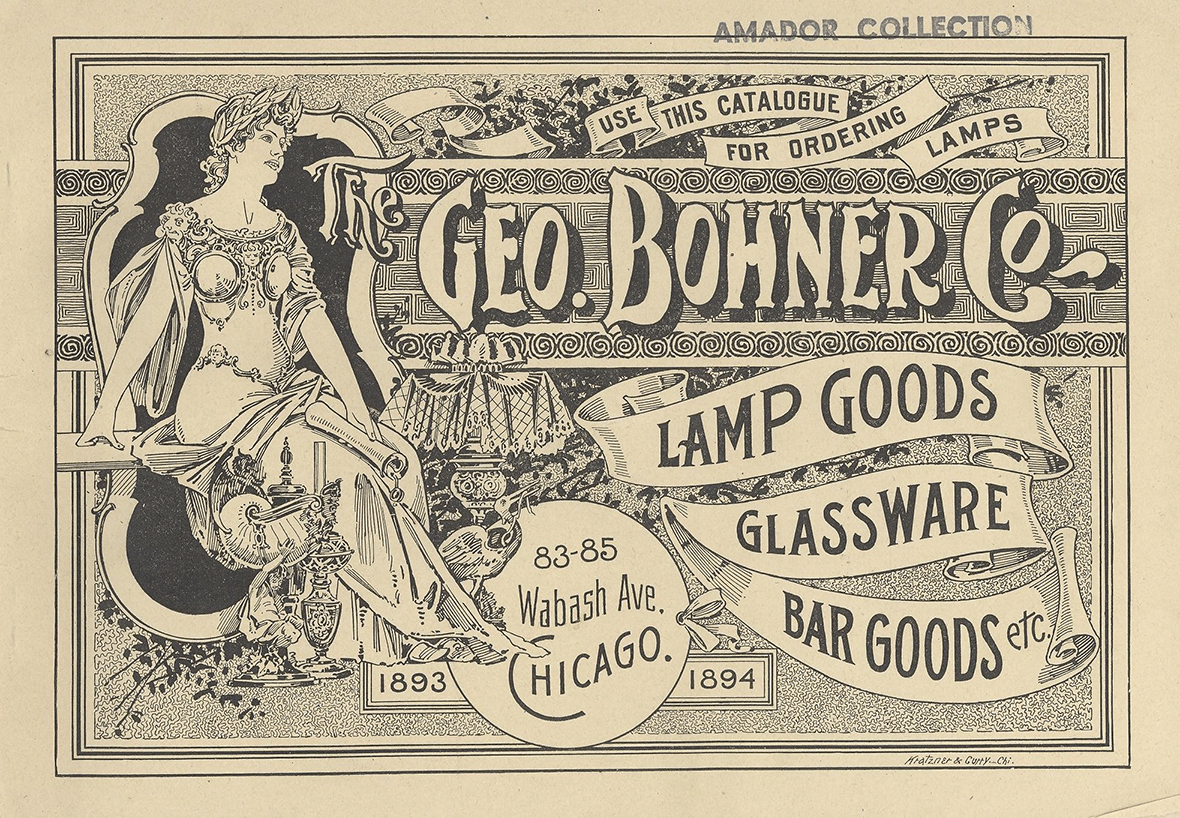
Trade Catalogs
The Amador Trade Catalogs are wholesale and retail merchandise catalogs, brochures, announcements, and leaflets that come from the Amador's mercantile business in Las Cruces. They range in date from 1873 to 1942, with the majority dating from 1880-1905. The catalogs came from companies located across the United States as well as in foreign countries such as Mexico, Canada, England, and France. The merchandise in the catalogs ranges from general goods to specialty items. An online index is searchable by company name and merchandise type.

